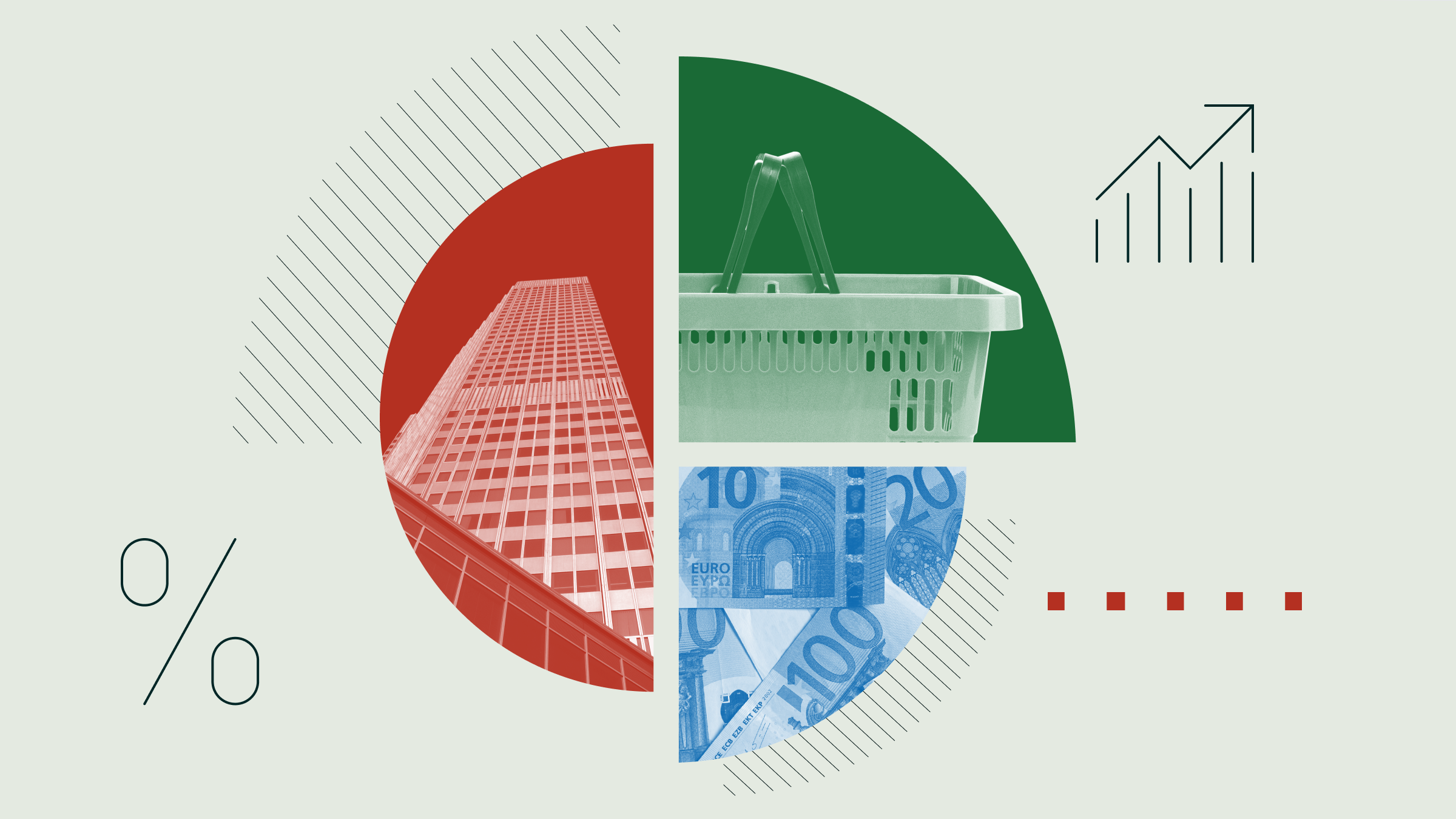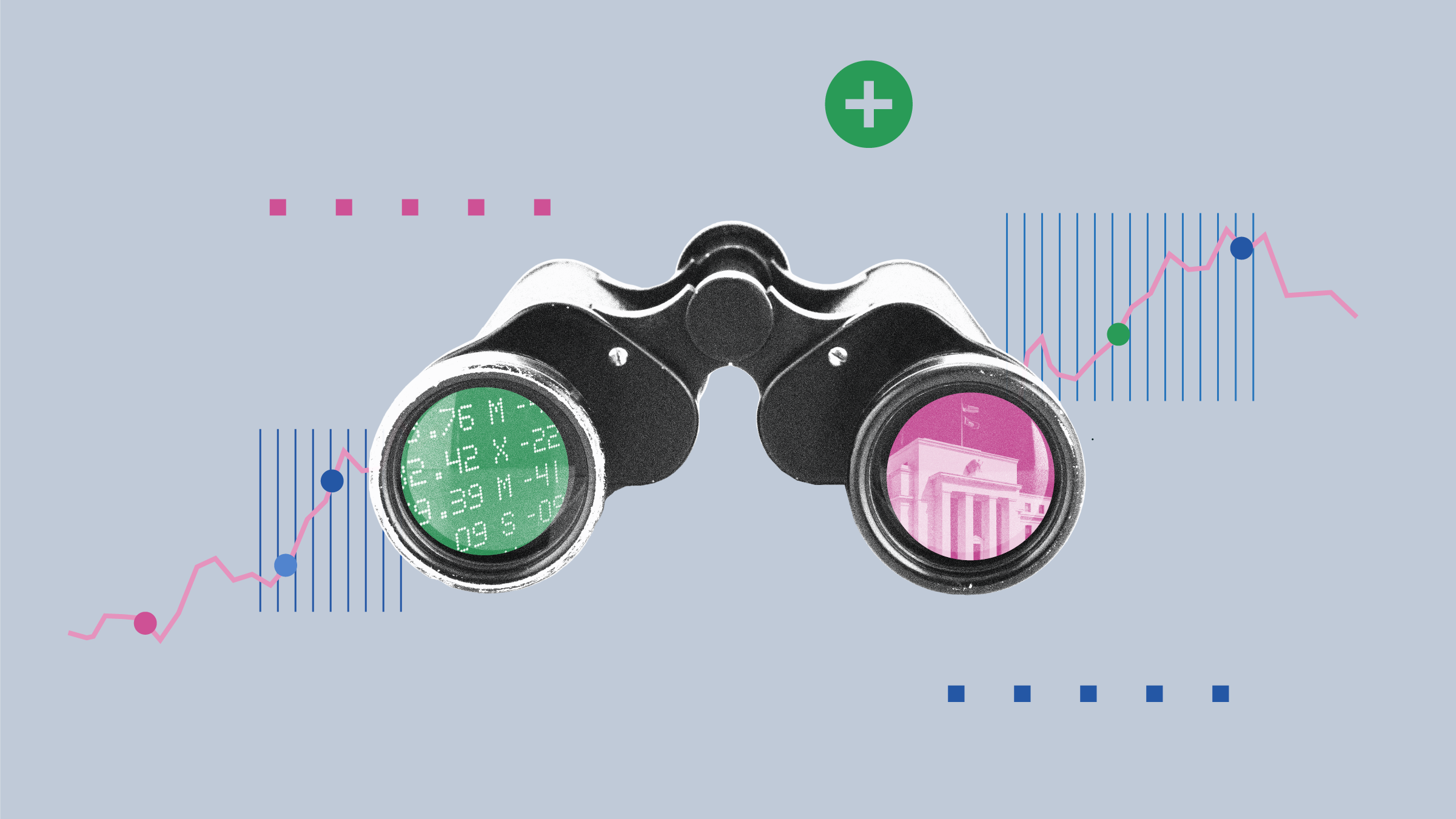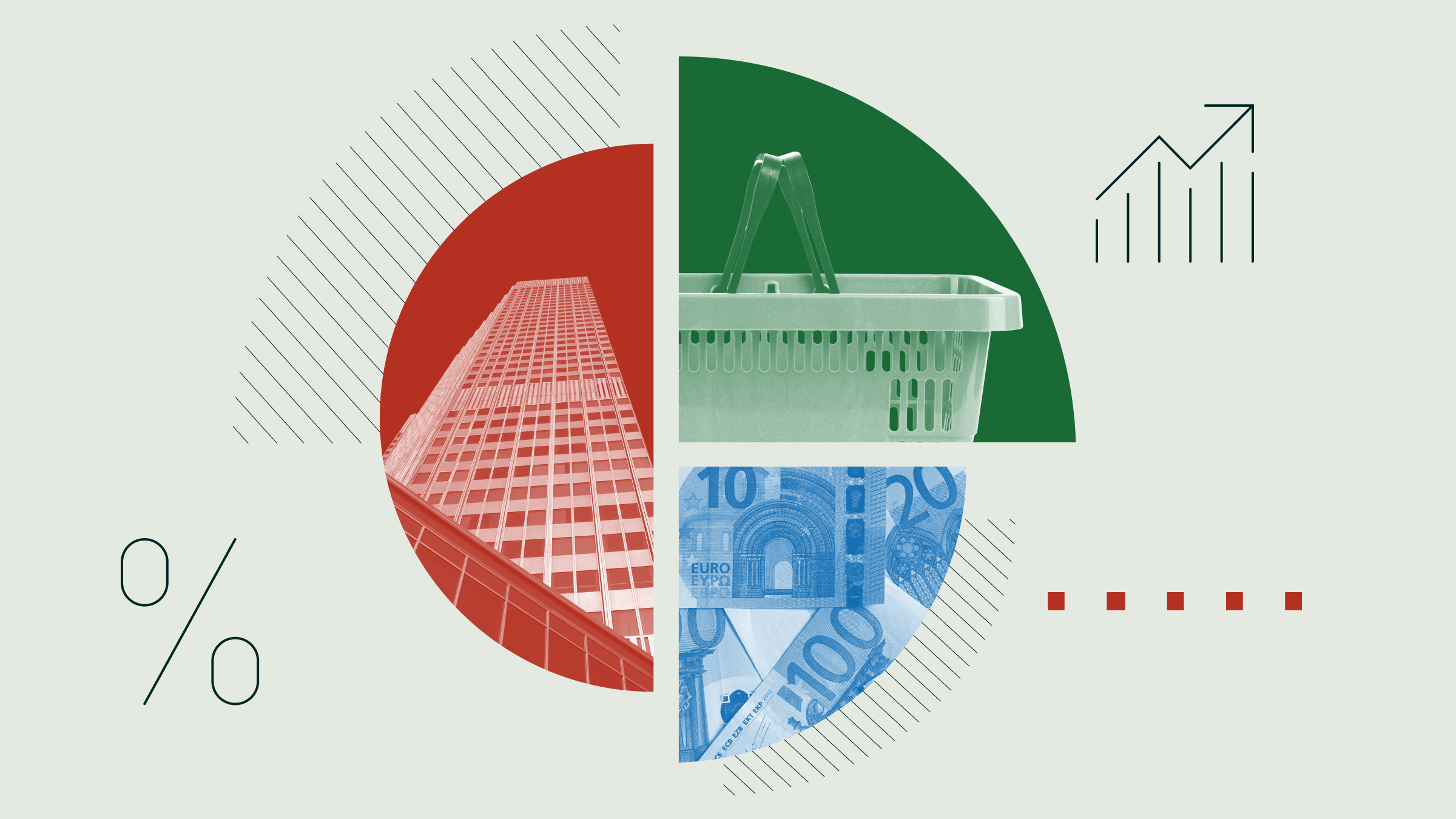Veel tijd om van zijn verkiezingsoverwinning te genieten heeft president Obama niet. Amerika dendert in volle vaart op het begrotingsravijn (fiscall cliff) af. Dit ravijn is een enorm pakket aan bezuinigingen en belastingverhogingen (7 biljoen dollar in 10 jaar) dat op 1 januari 2013 automatisch in werking treedt als de Democraten en Republikeinen niet voor het einde van het jaar met een beter plan komen om de Amerikaanse staatsschuld te verlagen. Er is gerede angst dat deze maatregelen zo drastisch zijn dat ze de Amerikaanse economie in een recessie storten.
De maatregelen zijn vorig jaar zomer overeengekomen in onderhandelingen over het Amerikaanse schuldenplafond. In een gepolariseerd debat over het schuldenplafond van de VS bereikten Democratische en Republikeinse leiders in het Congress toen een akkoord waarmee hun land op het nippertje aan een faillissement ontkwam.
Met een Democratische president maar een Republikeinse meerderheid in het Congress worden wederom moeilijke onderhandelingen verwacht. Waar Republikeinen willen bezuiningen willen Democraten belastingen verhogen. Maar de Republikeinse voorman in het Congress John Boehner heeft daags na de overwinning van Obama zijn toon gematigd en sprak over het samen oplossen van de problemen.
Luister naar de visie van Morningstar-econonoom Bob Johnson op de fiscal cliff (video is Engelstalig).
Hierna volgt een transcriptie van de video:
Jason Stipp: I'm Jason Stipp for Morningstar.
As we head into the fourth quarter, concerns about the so-called fiscal cliff coming up at the end of the year and the beginning of 2013 are intensifying, but what exactly is this fiscal cliff? What's the potential impact? And what are some likely scenarios?
Here to offer some very important context around the fiscal cliff is Morningstar's Bob Johnson, our director of economic Analysis.
Bob, thanks for joining me.
Bob Johnson: Great to be here.
Stipp: This is a very important topic. We've been hearing a lot from readers about it. We see a lot in the press about it. The fiscal cliff, we hear about it, but what exactly is the cliff? What comprises that big potential drop-off that we could see at the beginning of 2013?
Johnson: It's a fairly large number of items that are happening with the tax code and various spending programs that are scheduled to take effect 1st of the year, and they're very big numbers. We're talking about $719 billion or so on a calendarized basis for these numbers; that's a large number relative to GDP. It's about 5%. So it is a huge number.
Stipp: So this fiscal cliff was part of an agreement made earlier, that these automatic cuts would essentially take place at the beginning of 2013 if some action isn't taken.
So, what are some of those things? It's a combination of things with the tax code and budget cuts. What comprises those?
Johnson: We'll walk through those. The biggest one is the Bush tax cuts are scheduled to expire. And recall that they were supposed to expire early in Obama's term, and we extended them, so that they wouldn't ruin the economy. And so, those are scheduled to expire at the end of 2012. And that's the biggest bucket of the number. Over a third of the number is the Bush tax cuts [expiring].
Another thing that's in there, every year, it's a little game, there is this thing with the alternative minimum tax that's calculated, and that's also a very big number, kind of maybe somewhere in the 10% to 20% range of this problem.
Stipp: Of the total cliff?
Johnson: Of the total cliff. So that's certainly another big thing that's there. So those are things related to the tax cuts [expiring], and those are probably the biggest piece of them.
Then the other big cut is the sequestration. Now, that came about when we were arguing about the deficit last August, when we were talking about the debt ceiling and so forth. They said fine, if we can't agree by the end of 2012, then we're going to make these automatic cuts, and we're going to cut defense spending, and we're going to cut other programs, each about 10%, and it's going to be automatic. And the Republicans will obviously be mad because it cuts defense spending, and the Democrats will be mad because of what it does to social spending. So, you guys are never going to really let this happen.
Stipp: So, the cliff is really a combination of getting more revenue in by letting some tax cuts expire and then also cutting spending in the government--and some of those are pretty drastic numbers, as you said.
So, if this is amounting to 4.6% to 5% of GDP, if all of these cuts happen, what is the effect then on the GDP growth rate that we see? If these all happened, what is projected to happen to the GDP growth?
Johnson: Well, unfortunately, I don't have a big staff of economists to crank those through for me, but the Congressional Budget Office has run through that exercise, and they said that if we have this fiscal cliff, and all these things happen, GDP growth, instead of being somewhere in the 2% to 3% range, will end up being a negative 0.5%, and obviously, in one quarter we'll have a very negative-looking number for GDP growth. But for the full year 2013, it will be 0.5% off of GDP.
Stipp: So, there is some pretty broad agreement then that we would be pushed into negative growth and have a recession-type of effect if the cliff happens in its entirety?
Johnson: Absolutely.
Stipp: OK. And I think that there are several very big cuts here to spending and several things that I think a lot of folks from all different corners would agree are very drastic and probably they don't want to happen, and I think this was put in place to kind of stir action in Congress to take care of some of these issues.
You think that there are some things that are very likely to happen and some things that if we can get some heads together, there is certainly motivation to keep them from happening. What is a possible likely scenario for a smaller cliff that we might see?
Johnson: There are a few things that I think will happen. I think the payroll tax cut--get ready for this--we've all been getting a 2% savings on our Social Security payroll taxes, and those will go away on Jan. 1. There is kind of broad-based partisan support to get rid of that. So, that's gone.
Stipp: That was part of a stimulus measure during the recovery so people would have a little bit more money to spend.
Johnson: Correct.
I think the unemployment being up at 99 weeks, I think that program is about getting shut down, and that will definitely happen. That's not a very big number.
And also of a similar size, the Obamacare taxes--when the new health plan gets implemented in January, there will be new tax on investment income, and some of the other taxes will now be relevant to all income, not just earned income. So, that will also add something in the $25 billion to $30 billion range to taxes.
And that will happen. Unless we shut down all of Obamacare before the first of the year, which isn’t going to happen, that's going to get done.
So, you total those three. And if I told you the total of everything if we drove off the cliff was over $700 billion, we're at about $170 billion if those three things happen. And they are not insignificant.
Stipp: And again, you said there is some broad agreement that some of these measures will probably go ahead and happen or are likely to happen.
So, if that's kind of a likely scenario, and we reach some agreements that stave off some of these big drastic budget cut on defense and the others, you said that that number is about 1% of GDP when you total it up. What would the effect of that be on GDP growth? So if the 5% of GDP from the whole cliff is going to push us to negative 0.5% GDP for the year, what would this smaller cliff mean for the economy?
Johnson: The Congressional Budget Office, again, in their scenario, has it at about 1.7%. And without it, [GDP] would be well over 2%. So, it's much less of a drastic effect.
Also, let me put that $170 billion of likely cuts and tax increases into perspective. The budget deficit this year was reduced by about $200 billion, so I am talking about $170 billion [reduction in the smaller fiscal cliff scenario], so it's kind of what we lived through this year, which wasn't pleasant. We saw a lot of government numbers looking not so good this year, and lot of income numbers not looking as nice I'd like them to look. And so I think it's going to be one more year where the impact is about the same as it was last year.
Stipp: So, we've been feeling that headwind already because they have been working to cut the deficit is basically what you are saying. So it could be a continuation of feeling that headwind into 2013?
Johnson: Well, one could charitably say that, but what happened is actually the stimulus spending, which was a three-year program, came to an end, and also we've got a little bit better economy and some capital gains tax income coming in.
So, we had a $200 billion reduction [in 2012] and still had GDP growth of what's probably going to come out close to 2%. So, I'm not making this up when I say that [we can] reduce the deficit by $170 billion … and still … have economic growth. We did this year.
Stipp: So, we’ve already seen that.
And you also mentioned that there are countervailing forces that might happen, if we see some cuts and we get some certainty around what the policy is going to be, that would lessen the GDP headwind a little bit... What do you think some of those forces are? So, if we get this smaller fiscal cliff and we see some certainty about what’s going to happen, that could actually give the market some certainty there, right?
Johnson: Right, absolutely. There are a lot of interactions in all of the variables, and I think the key thing people have to understand, even if we have the 5%, the full range of fiscal cliff, everybody is trying to make it seem like 5% of GDP is going to disappear. It doesn’t happen that way, because people dip into their savings instead of cutting their spending, especially the wealthy; the wealthy spend a very, very, very small percentage of their assets every year and their incomes. So, they’ve got a range of possibilities.
Then if we have a slower economy, it means less inflation, which affects another set of numbers. And as you mentioned, this whole phycology thing: there may be a little bit of suffering now, but now I know the deficit is going to be a little bit better. That could help the economy. Now I know what it is. What I can't live with is knowing if I’m going to get the 5% cut or if I’m going to get the 1% cut, or if I’m going to get no change. That’s why everybody is having such a hard time planning right now. So, as you mentioned, part of the reason the impact isn’t so bad is because people are already starting to plan for it right now.
Stipp: Well, it’s almost impossible to forecast exactly what Congress will do by the end of the year, at the beginning of the next year, but it’s very good to have this context and understand exactly the numbers we’re talking about and the possible effects. Thanks for offering that today.
Johnson: Thank you.
Stipp: For Morningstar, I’m Jason Stipp. Thanks for watching.





















